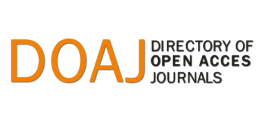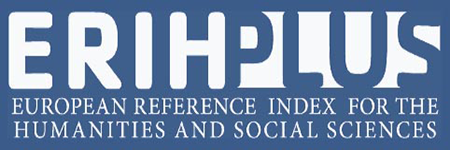No. 9 (1985): Training in public administration

Professional training in public administration has become one of the efforts in the field of human resources that should be undertaken in Central America with greater commitment and vision for the future. This need is more palpable at the higher levels of public service, due both to the greater knowledge and skills demanded by the growing complexity and technification of the state administrative apparatus, and to the greater degree of participation of officials at those levels in the formulation and implementation of government policies and programs.
This need is heightened by more complex issues arising from the current situation, which pose greater challenges to the administrative apparatus in terms of its capacity for timely and effective response to the complex economic and social problems it must solve. These problems cannot and should not be faced in an improvised manner; they must have the technical-administrative knowledge and management skills to find and implement the appropriate measures to solve them.
Suffice it to mention in this regard, the need to efficiently manage a growing volume of governmental tasks under the impact of an acute economic crisis, which leads to the reduction of public expenditure: as well as the need to introduce in bureaucratic processes and behaviors the changes required by the advancement and strengthening of democratization processes, in pursuit of a fairer and more balanced development.
Public administrators must be equipped not only with greater technical knowledge and managerial skills, but also with a broader understanding of the nature and implications of the various problems affecting society, so that they acquire the necessary sensitivity to understand the social significance of the performance of their responsibilities, in the light of the government's commitment to provide solutions to problems.
Therefore, it is not only an effort to increase the number of civil servants with professional training in public administration. There is also an aspect of the quality of the professional who must be trained to be able to face not only the technical issues of public administration, but also the conflictive challenge of finding adequate solutions to the substantive problems that the administrative apparatus must attack, particularly those that have the greatest impact on the deterioration of the living conditions of large sectors of the population.
It is then about the formation of a public administrator with the knowledge, skills and qualities demanded by the political, social and economic progress of Central American societies.









